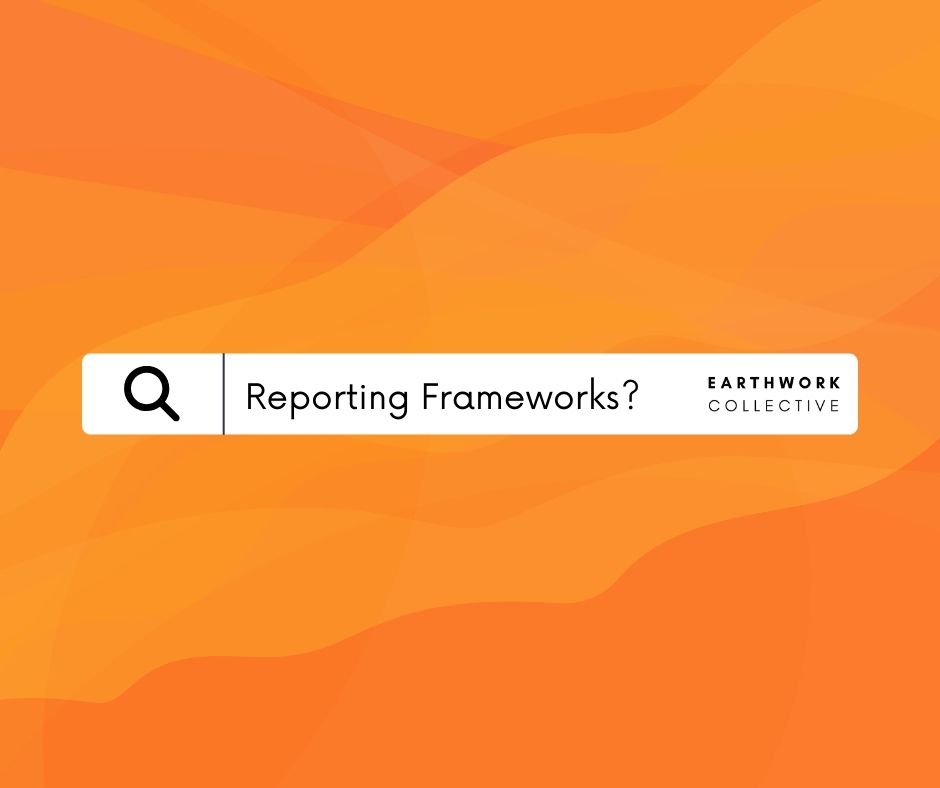Author: Katherine Palmer
-

Why “Stakeholder” is Out of Date
Why we won’t use the word “stakeholder” and what we use instead. One billion. That’s how many hits the word “stakeholder” gets on Google. We’d say that officially makes it a buzzword—ubiquitous for sure, perhaps even entering the realm of jargon. And fair enough, with the rise of ESG, conversations about “stakeholders” are certainly becoming…
-

Difficult Conversations, Part 3: When Conversations Go Wrong
3 of 3 in a series Last time we talked about how the simple (yet, not easy) act of deep listening can go a long way towards making difficult conversations more fruitful and less stressful. Unfortunately, though, even when we have the best intentions and use our best listening skills, the conversation can take a…
-

Difficult Conversations, Part 1: Getting Started
1 of 3 in a series We Have to Talk I recently had an argument with a family member about climate change. He firmly believes that stopping fossil fuel use will plunge our world into an economic depression “like we ain’t ever seen.” Despite being utterly flabbergasted by his premise, I had to begrudgingly admit…
-

Why your Organization Needs More Storytellers
I recently had a meeting with a senior manager from a fairly large corporation who wanted to know more about EarthWork’s team building sessions. He was struggling to get employees on board with a new sustainability initiative the company is rolling out. “Ok look,” he said, “It’s not just lack of engagement. Due to company…
-

What are the reporting frameworks? How do they differ?
There are many methods of ESG reporting because there are many types of businesses. Even within the same industry, companies will choose the ESG framework that best meets their needs.
-

Where to Start With ESG in Your Organisation
Step 1: Envision Look at how the information on ESG principles and practices shared in this document applies to your company. Get a sense of where your company stands right now in each area: Environmental, Social, and Governance. Put your biases and assumptions aside. This can be tricky, but being able to look in the…
-

What Impacts the Materiality Analysis?
An ESG materiality analysis determines whether an ESG factor is important and relevant to your company. These factors become the basis for your ESG reporting. How do you decide which factors are important and relevant enough to report on? Your decision could be based on these four key areas: What is considered important: The characteristics…
-

What is Materiality Analysis in ESG
Materiality: the ESG measurements that are relevant and important to your company. This goes beyond government regulations and looks at the things that are risks and opportunities for a company. Double materiality: Also called dual materiality. A company must consider relevant and important data for financial and societal issues. Every ESG framework measures dozens of…
-

Why Integrate the E, S, and G?
Should a company focus on all three areas of ESG at the same time? Why not just aim at one, instead of trying to tie them all together? ESG has influenced how businesses operate due to the social and legal reforms that have been in place over the past 40 years. Even if they are…










